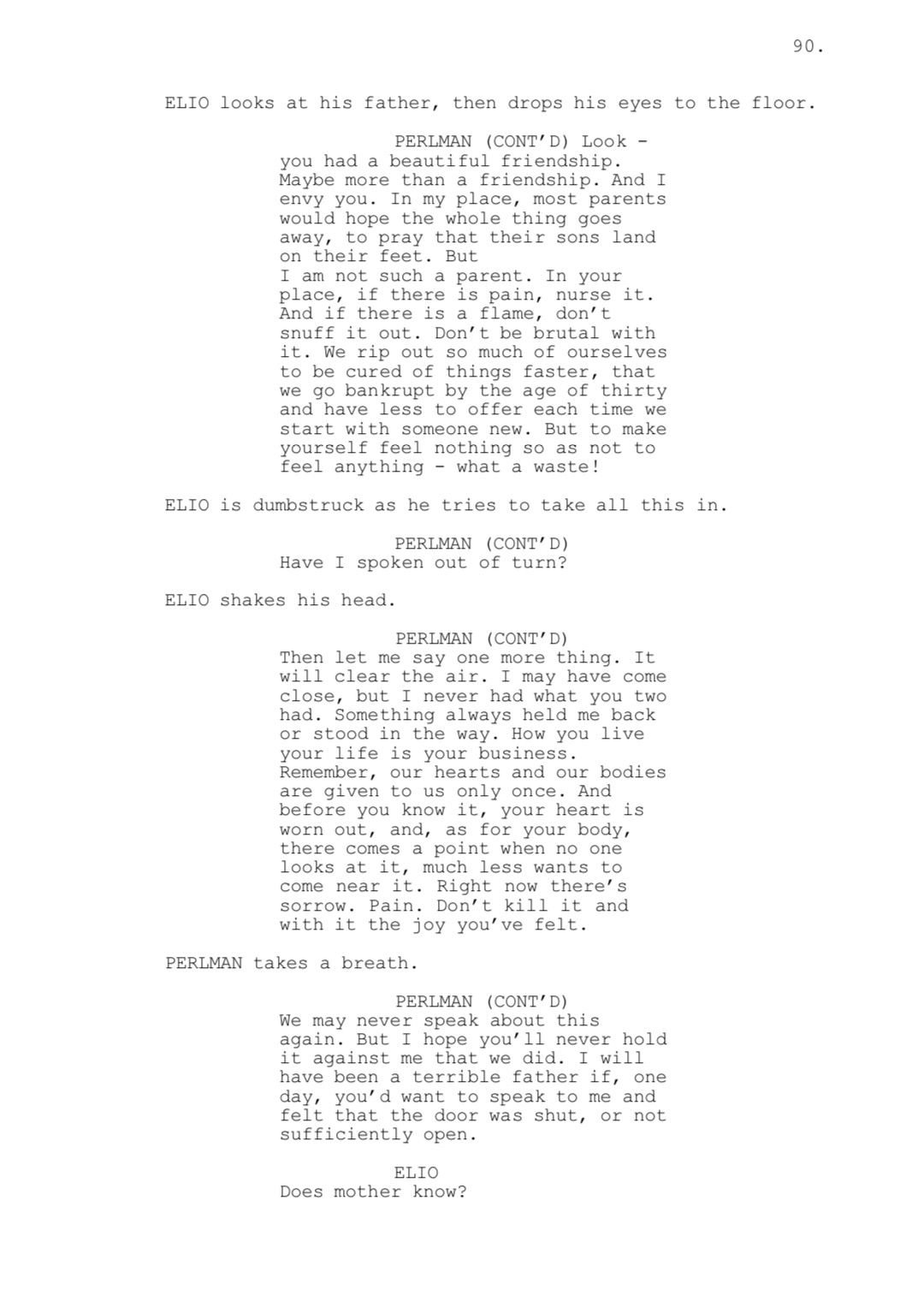The art of citing without quotation marks. Its theory is intimately related to that of literary montage . . . I needn’t say anything. Merely show.
- Walter Benjamin, The Arcades Project
To read what was never written.
- Hugo von Hofmannsthal
One must write, even when one realizes the printed word can no longer improve anything.
- Joseph Roth
We must prefer real hell to an imaginary paradise.
- Simone Weil, “Illusions”
Estragon, sitting on a low mound, is trying to take off his boot. He pulls at it with both hands, panting.
He gives up, exhausted, rests, tries again. As before.
Enter Vladimir.
ESTRAGON: (giving up again). Nothing to be done.
VLADIMIR: (advancing with short, stiff strides, legs wide apart). I'm beginning to come round to that opinion. All my life I've tried to put it from me, saying Vladimir, be reasonable, you haven't yet tried everything. And I resumed the struggle. (He broods, musing on the struggle. Turning to Estragon.) So there you are again.
- Samuel Beckett, Waiting for Godot
I am an active-duty member of the United States Air Force, and I will no longer be complicit in genocide. I am about to engage in an extreme act of protest, but compared to what people have been experiencing in Palestine at the hands of their colonizers, it’s not extreme at all. This is what our ruling class has decided will be normal.
- Aaron Bushnell, February 25th, 2024, Outside the Israeli Embassy in D.C.
In return, the Eucharist loaned its image to a series of coins, numismatic interventions in a volatile monetarized economy, attempts—both political and semiotic—to formally guarantee a certain purity of metallic substance, the creation of a new standard of value against which all others would be measured. Materialized absolutes, wafer and coin were siblings, rivals, collaborators, in a medieval measuring of reality, an exchange of substance, a transformation of mere things into powerful and vulnerable species, multiplied, endlessly.
- Aden Kumler, “The Multiplication of the Species: Eucharistic Morphology in the Middle Ages”
The master dreams of future increase. The modern world follows the belly.
- Saidiya Hartman, “The Belly of the World: A Note on Black Women’s Labors”
But the man who stands thus in utter detachment is rapt into eternity in such a way that nothing transient can move him, and that he is aware of nothing corporeal and is said to be dead to the world, for he has no taste for anything earthly.
- Eckhart von Hochheim, On Detachment
Two basic systems: Development and Maintenance. The sourball of every revolution: after the revolution, who’s going to pick up the garbage on Monday morning?
Development: pure individual creation; the new; change; progress, advance, excitement, flight or fleeing.
Maintenance: keep the dust off the pure individual creation; preserve the new; sustain the change; protect progress; defend and prolong the advance; renew the excitement; repeat the flight.
show your work—show it again keep the contemporaryartmuseum groovy keep the home fires burning
- Mierle Laderman Ukeles, “Manifesto for Maintenance Art”
The problem is no longer getting people to express themselves but providing little gaps of solitude and silence in which they might eventually find something to say. Repressive forces don’t stop people from expressing themselves, but rather, force them to express themselves. What a relief to have nothing to say, the right to say nothing, because only then is there a chance of framing the rare, and even rarer, the thing that might be worth saying.
- Gilles Deleuze, Negotiations: 1972-1990
Even more: [queerness] delights in that mortality as the negation of everything that would define itself, moralistically, as pro-life. It is we who must bury the subject in the tomb-like hollow of the signifier, pronouncing at last the words for which we’re condemned should we speak them or not: that we are the advocates of abortion; that the Child as futurity’s emblem must die; that the future is mere repetition and just as lethal as the past.
- Lee Edelman, No Future: Queer Theory and the Death Drive
More open, the mind discerns, instead of an antiquated teleology, the truth that silence alone does not betray.
- Georges Bataille, The Accursed Share: An Essay on General Economy
Remember that, no matter what I write, my basic material is the word. So this story will consist of words that form phrases from which there emanates a secret meaning that exceeds both words and phrases.
- Clarice Lispector, The Hour of the Star
To enter this space is to inhabit the ruptural and enraptured disclosure of the commons that fugitive enlightenment enacts, the criminal, matricidal, queer, in the cistern, on the stroll of the stolen life, the life stolen by enlightenment and stolen back, where the commons give refuge, where the refuge gives commons. What the beyond of teaching is really about is not finishing oneself, not passing, not completing; it’s about allowing subjectivity to be unlawfully overcome by others, a radical passion and passivity such that one becomes unfit for subjection, because one does not possess the kind of agency that can hold the regulatory forces of subjecthood, and one cannot initiate the auto-interpellative torque that biopower subjection requires and rewards.
- Stefano Harney and Fred Moten, The Undercommons: Fugitive Planning & Black Study
Since the world is on a delusional course, we must adopt a delusional standpoint towards the world. Better to die from extremes than starting from the extremities.
- Jean Baudrillard, The Transparency of Evil
Fewer and fewer people believe in all this but it makes no difference, since capitalism is like the Christian religion, it lives precisely from a lack of belief, it does not need it—a motley painting of all that has been believed.
- Gilles Deleuze and Felix Guattari, Anti-Oedipus: Capitalism and Schizophrenia
How do we memorialize an event that is still ongoing?
- Christina Sharpe, In the Wake: On Blackness and Being
I remain faithful to the notion that any concrete description of a literary or philosophical phenomenon—if it is to be really complete—has an ultimate obligation to come to terms with the shape of the individual sentences themselves, to give an account of their origin and formation… What if, in this period of the overproduction of printed matter and the proliferation of methods of quick reading, they were intended to speed the reader across a sentence in such a way that he can salute a readymade idea effortlessly in passing, without suspecting that real thought demands a descent into the materiality of language and a consent to time itself in the form of the sentence?
- Fredric Jameson, Marxism and Form
“The overall thesis I present in this article is that the tendency to moralize war and terrorism, to stake so much on intention, obscures the fact that there is a space of violence shared by ‘war’ and ‘peace’, by ‘ruthless terrorism’ and ‘just war’, and that that space is embraced by the liberal tradition.”
- Talal Asad, “Thinking About Terrorism and Just War”
“Like Proust, the reparative reader “helps himself again and again”; it is not only important but possible to find way of attending to such reparative motives and positionalities. The vocabulary for articulating any reader’s reparative motive toward a text or culture has long been so sappy, aestheticizing, defensive, anti-intellectual, or reactionary that it’s no wonder few critics are willing to describe their acquaintance with such motives.”
- Eve Kosfsky Sedgwick, “Paranoid Reading and Reparative Reading, Or, You’re so Paranoid, You Probably Think This Essay is About You”
“If matter were prone to birthing monsters of this kind, Schwarzschild asked with a trembling voice, were there correlations with the human psyche? Could a sufficient concentration of human will - millions of people exploited for a single end with their minds compressed into the same psychic space - unleash something comparable to the singularity?”
- Benjamín Labatut, When We Cease to Understand the World
“In matters of grave importance, style, not sincerity, is the vital thing.”
- Oscar Wilde, The Importance of Being Earnest
“A principal rule for writers, and especially those who want to describe their own sensations, is not to believe that their doing so indicates they possess a special disposition of nature in this respect. Others can perhaps do it just as well as you can. Only they do not make a business of it, because it seems to them silly to publicize such things.”
- Georg Christoph Lictenberg, The Waste Books




